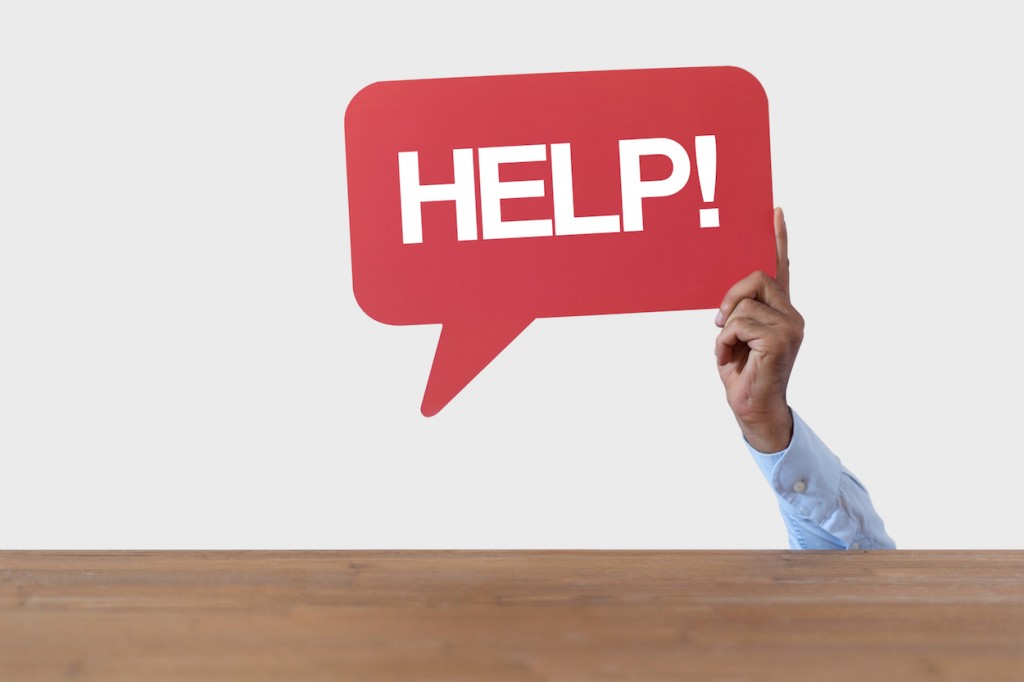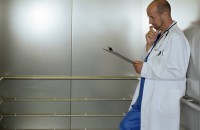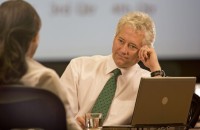
Q: I know I could use some help dealing with stress, but I feel embarrassed to admit it. What’s holding me back?
A: Doctors feel they must be self-reliant, unemotional when treating patients or in front of colleagues, and not admit they don’t know something. These characteristics are drilled into us when we are in training.
Although there are some enlightened training programs today, most doctors were trained in the John Wayne school of medicine: I can take care of this myself. It’s an aura of invincibility and perfection.
The good news is most companies offer counseling of some type; often employee assistance programs are available.
As a result of this background, when physicians start to have stress and emotional reactions to their clinical experiences, they feel they are failing or failures. Physicians often think that expressing these kinds of things to others is a sign of weakness when it’s simply an expression of their humanity.
But too many physicians can’t see it that way. They see it as something to be embarrassed about. It’s very sad. Rather than admit personal weakness, physicians bear it silently. I call them the walking wounded. In certain specialties, such as surgery, accepting fatigue or boasting about how long its been since you slept is a sign of how macho you are.
These kinds of factors play a role in why doctors have so much trouble asking for help. As a result, they frequently end up in real crisis. By the time physicians reach me, they’re often in a genuine personal and/or practice crisis.
Response from Peter Moskowitz, MD, executive director, Center for Professional and Personal Renewal, Palo Alto, Calif.


















 Facebook
Facebook
 LinkedIn
LinkedIn
 Twitter
Twitter
 Pinterest
Pinterest